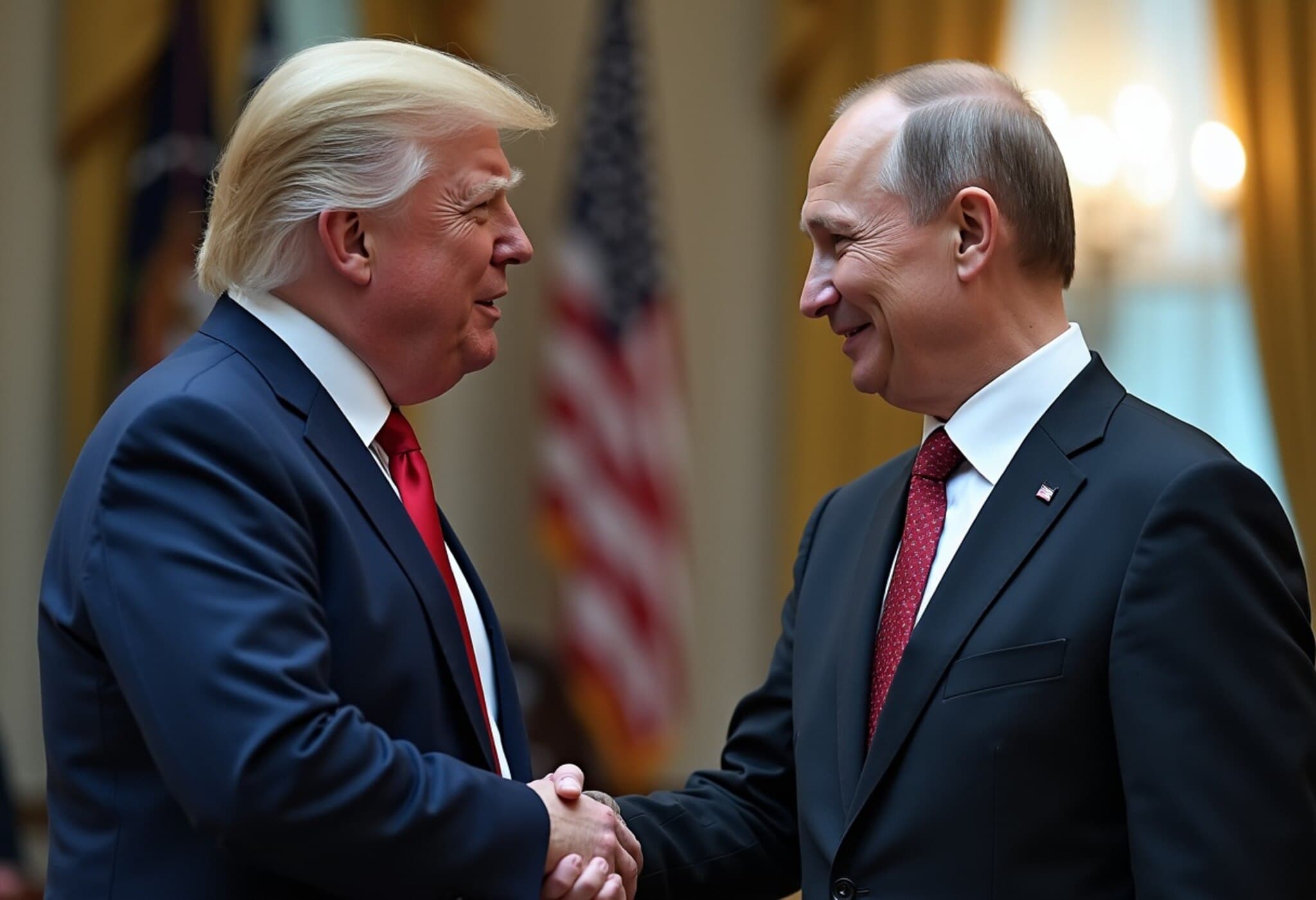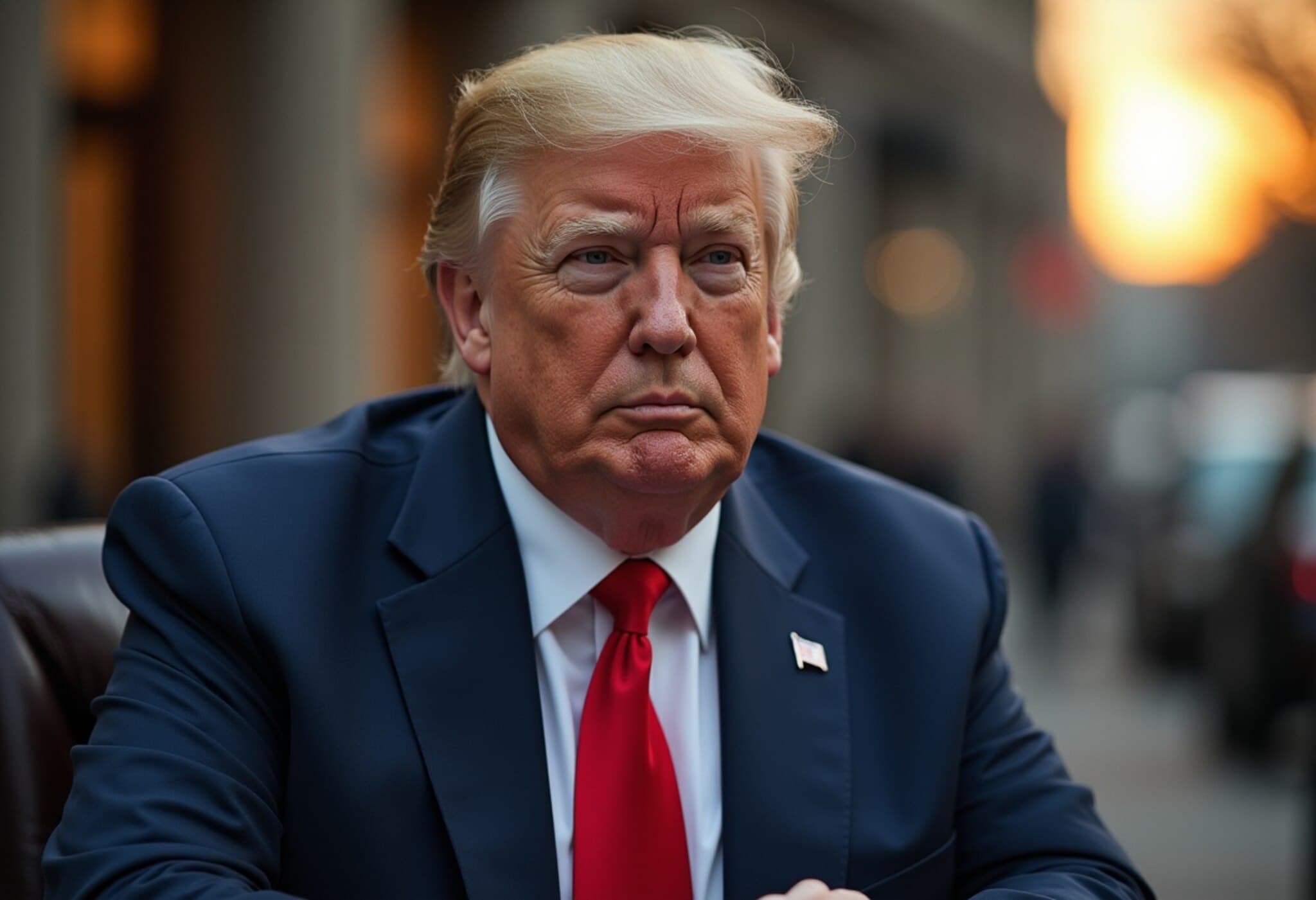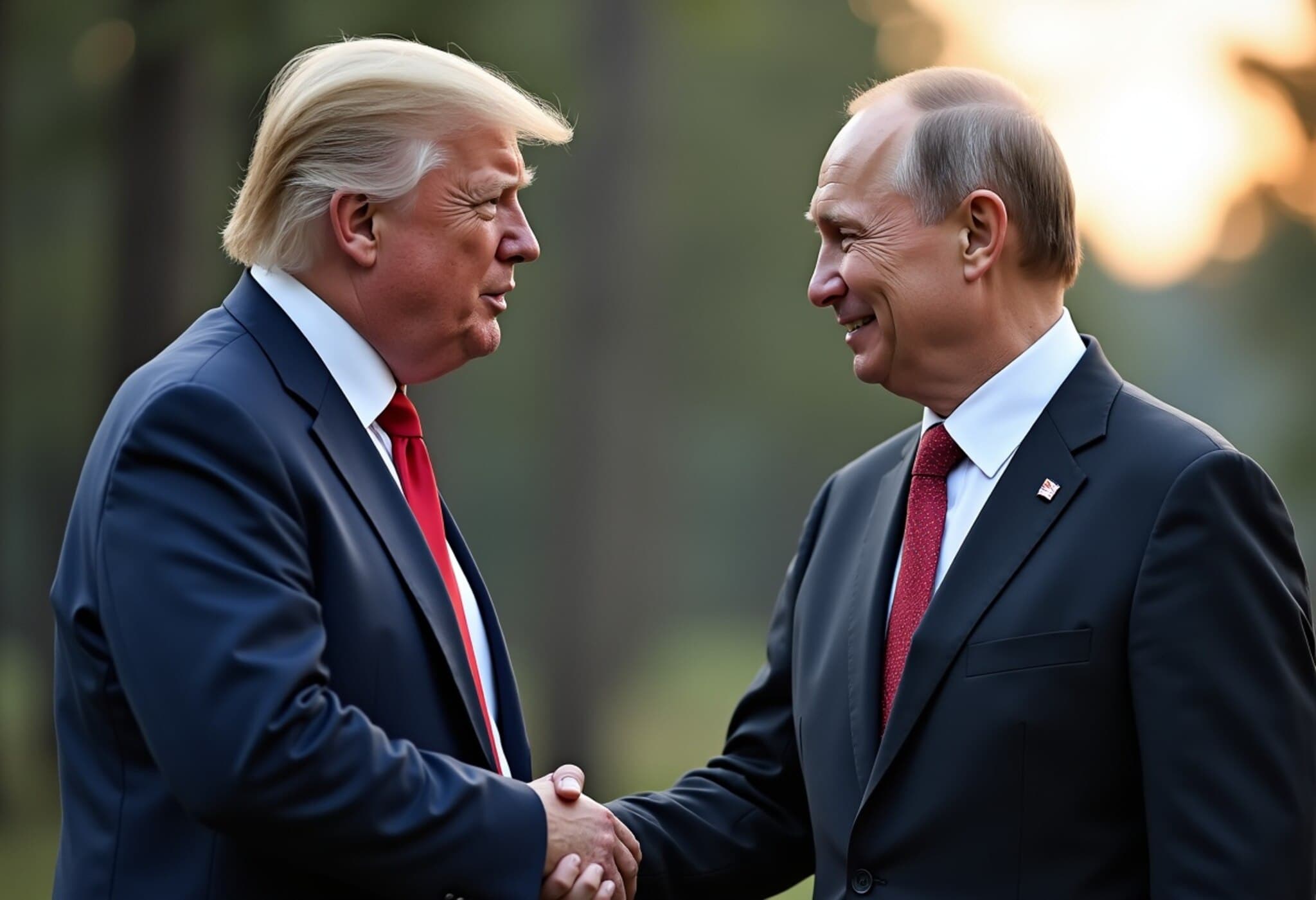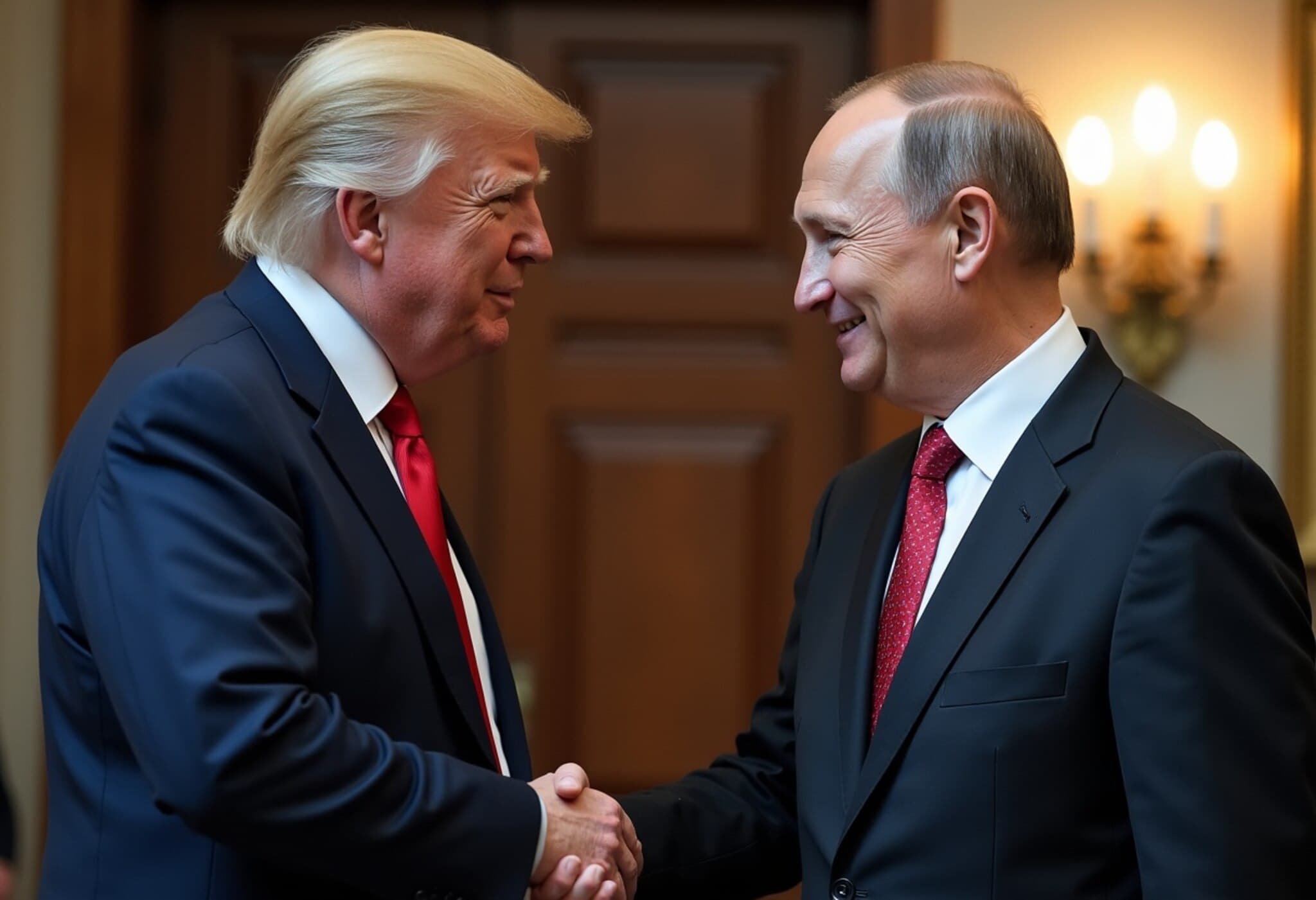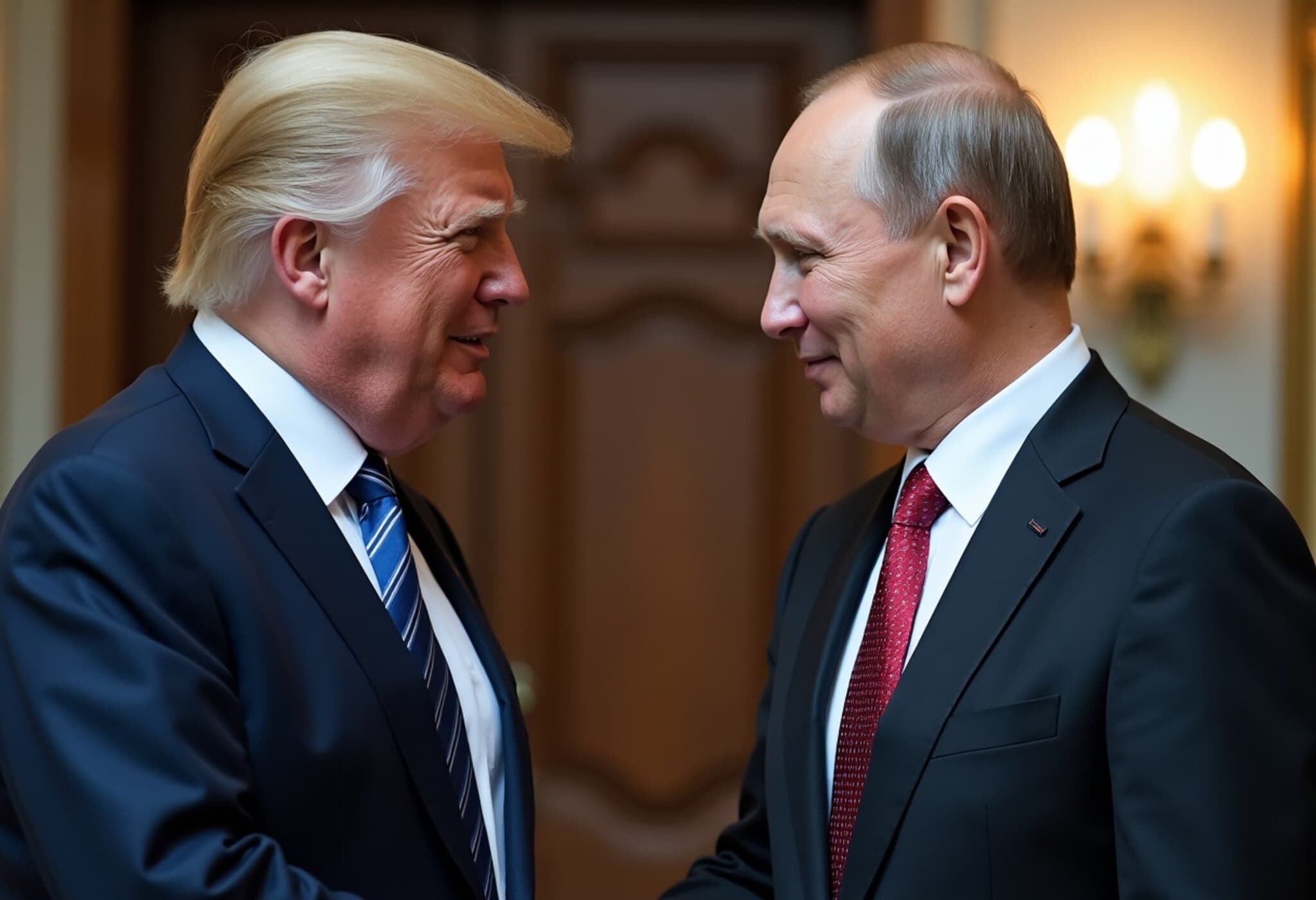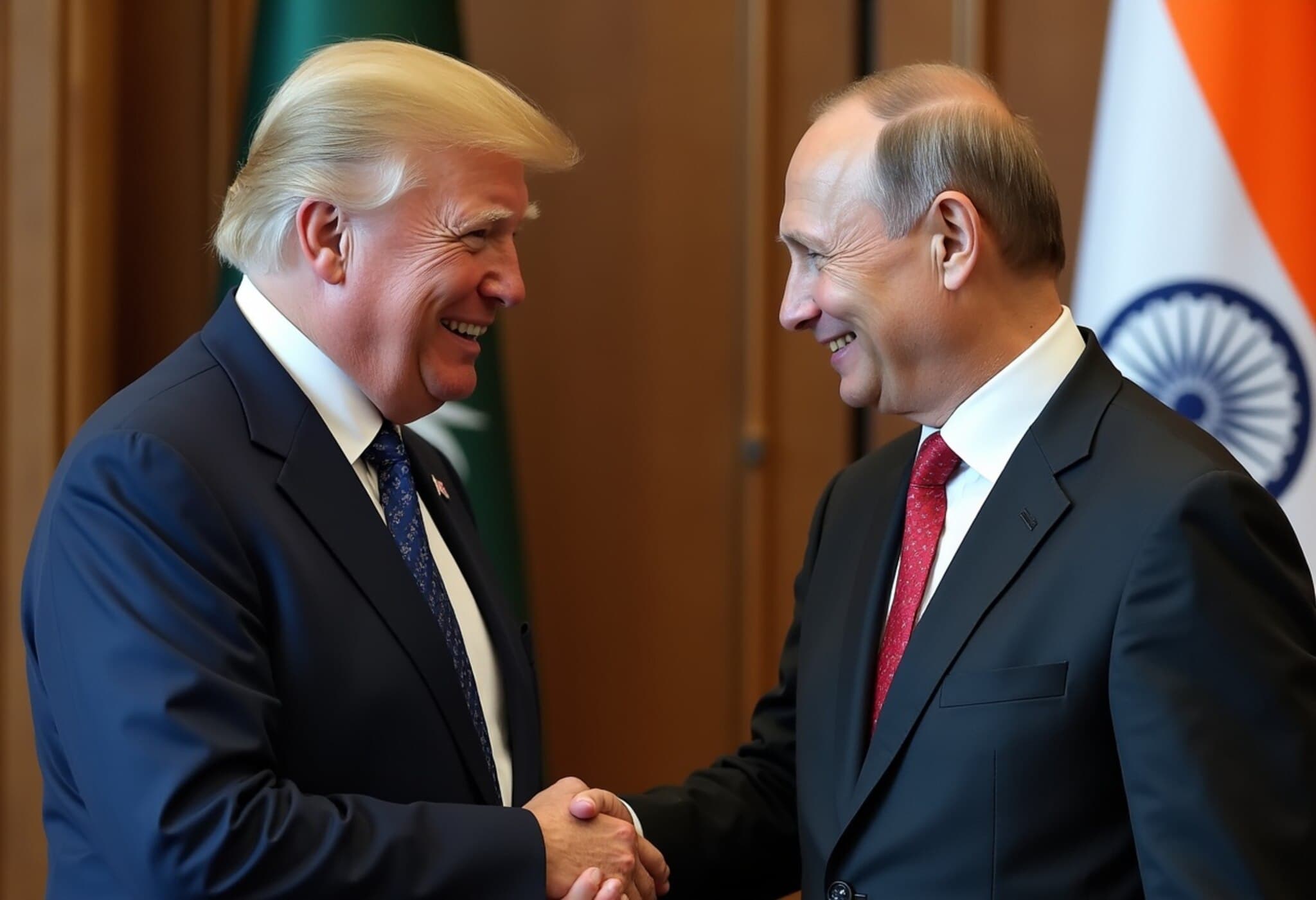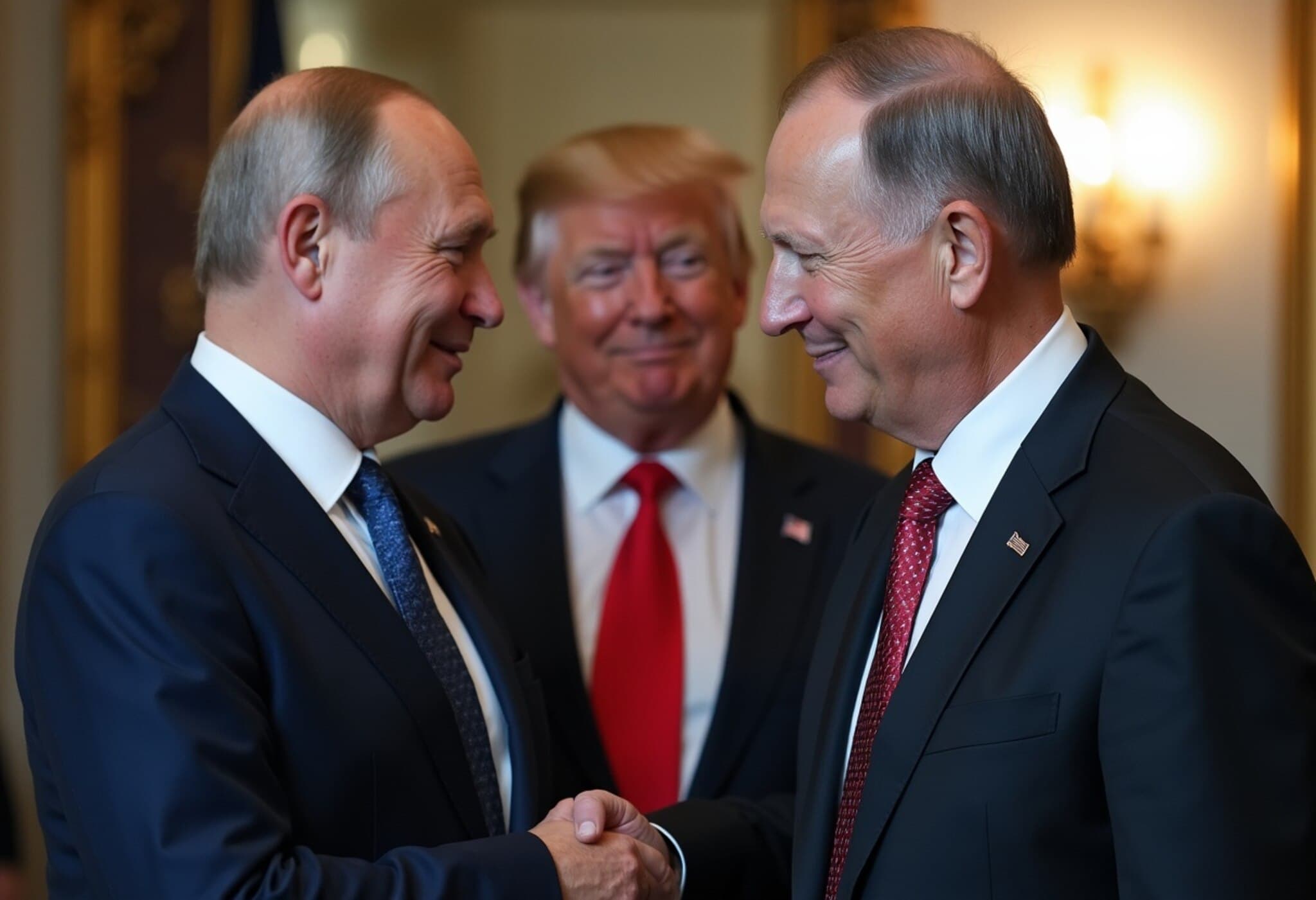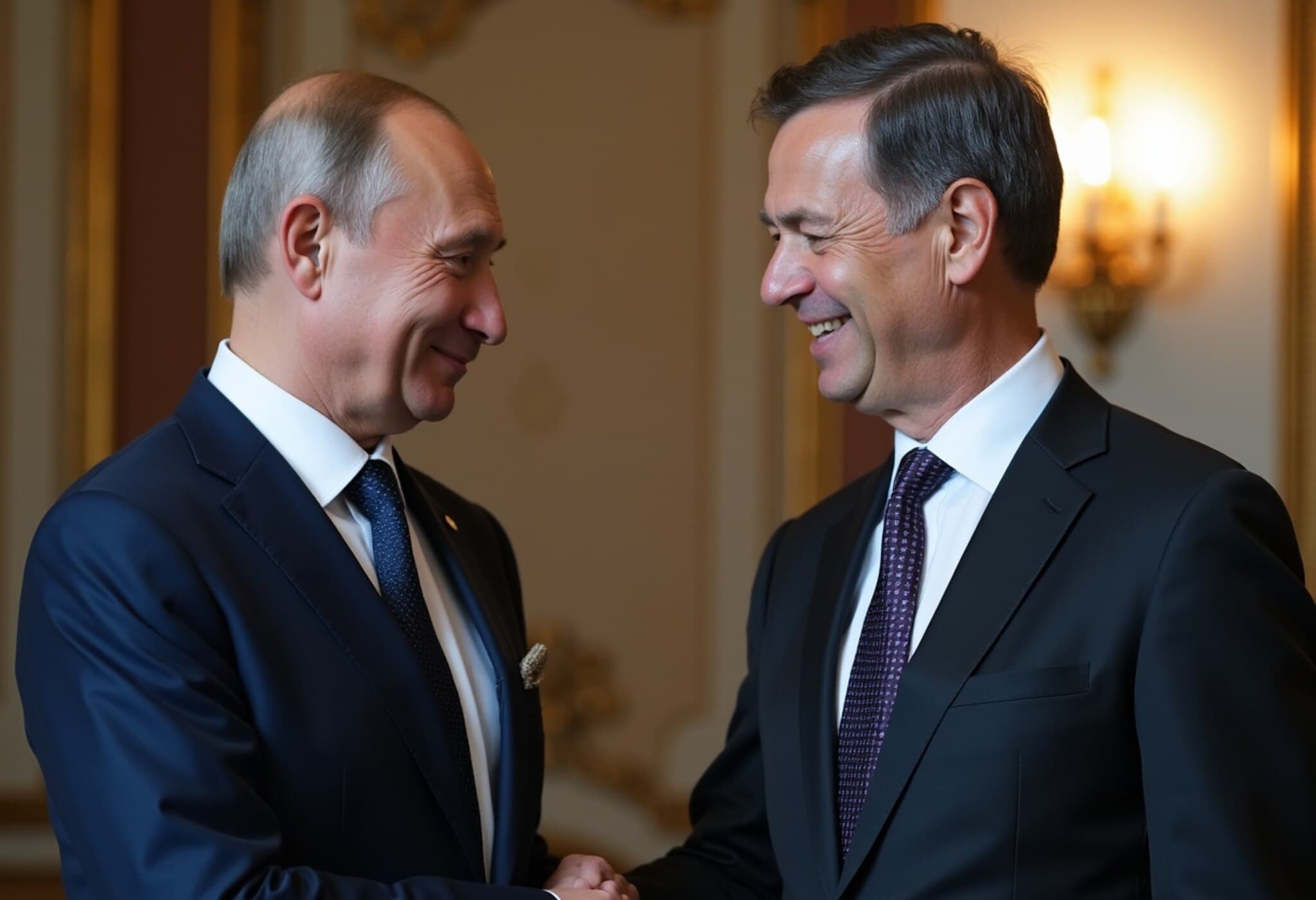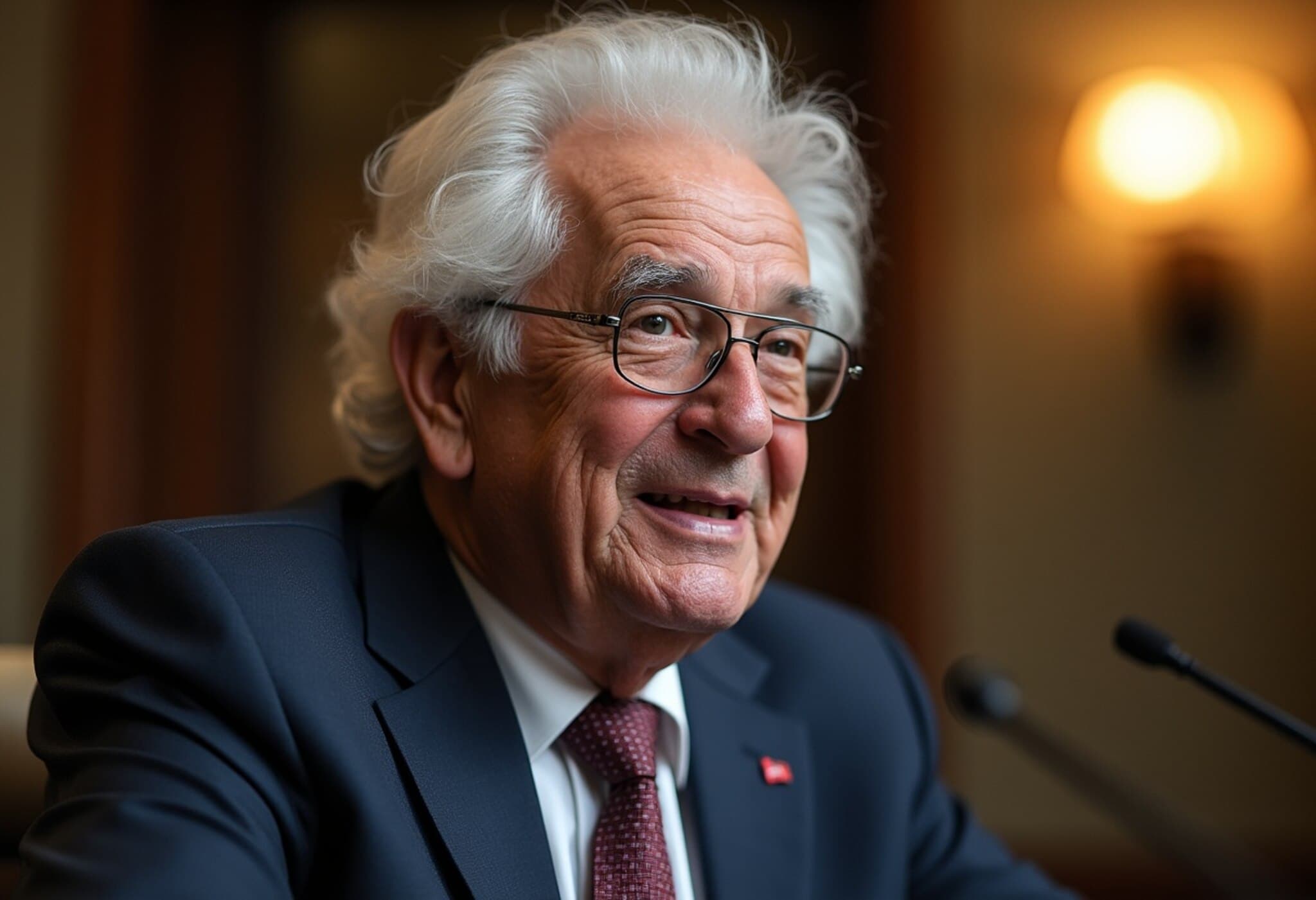Trump Heads to Alaska for Talks with Putin Amid Expert Shortage
As former President Donald Trump prepares to meet Russian President Vladimir Putin in Alaska on August 15, 2025, experts and former officials are raising alarms over a striking absence: the administration’s top Russia and Ukraine advisors. Unlike traditional diplomatic engagements, this summit unfolds in a context where seasoned foreign policy professionals with deep knowledge of Eastern Europe have been largely sidelined.
Diplomacy Outsourced to Non-Experts
Remarkably, those overseeing negotiations with Moscow include figures like Steve Witkoff, a prominent real estate developer without any formal experience in diplomacy or foreign affairs. Former ambassador Eric Rubin has bluntly stated that President Trump “does not have a single policymaking person who knows Russia and Ukraine advising him.” This gap in expertise comes amid a broader restructuring of the US foreign policy apparatus during Trump’s second term.
Decimation of Traditional Foreign Policy Expertise
The US National Security Council (NSC), which typically coordinates comprehensive briefings and strategic input ahead of high-stakes meetings, has seen a significant downsizing. Since May, dozens of seasoned foreign policy and national security officials have been removed. At the same time, the State Department lost more than 1,300 employees—including many analysts specializing in Russia and Ukraine. The diminishing diplomatic corps itself is shrinking—nearly a quarter of foreign service officers resigned after January, leaving key positions vacant precisely where nuanced understanding is desperately required.
Consolidation of Power and Its Consequences
The administration insists these changes create a leaner, more agile government. Deputy White House Press Secretary Anna Kelly affirmed that Trump continues to consult leaders from the NSC, State Department, and intelligence agencies. However, the reality is that the most significant foreign policy roles have been concentrated among a few individuals, with Secretary of State Marco Rubio wearing the additional hat of acting national security adviser.
Comparing Putin Encounters: Helsinki 2018 vs. Alaska 2025
The historical context is instructive. Trump's first major summit with Putin in Helsinki was widely criticized for his public dismissal of US intelligence on Russian election interference, favoring Putin’s denials instead. At that time, Trump was surrounded by experienced aides trying to moderate his impulses—sometimes unsuccessfully. National Security Adviser John Bolton recounted futile attempts to engage Trump on critical issues even during the flight to Helsinki.
Fast forward to 2025, these protective "adults in the room" have been replaced largely by loyalists without deep expertise. Trump himself has described the upcoming talks as "a feel-out," confident he’ll size up the possibility for an agreement within minutes. This approach worries experts like Daniel Fried, former ambassador to Poland, who warns that unpredictability combined with a lack of knowledgeable advisors risks undermining US interests.
Expert Analysis: Risks of Diluting Institutional Knowledge
The sidelining of experts challenges the very foundations of effective diplomacy. Russia’s President Putin, a master strategist with over 25 years in power, is known for exploiting any gap in his counterpart’s knowledge. Without well-prepared advisors, the US risks ceding an advantage during critical conversations, potentially destabilizing efforts to address the ongoing Ukraine conflict.
Moreover, this pattern mirrors broader institutional weakening within the US foreign policy community:
- Mass layoffs and resignations have hollowed out diplomacy and intelligence capabilities.
- Key positions focusing on Russia-Ukraine relations remain unfilled or staffed by underqualified personnel.
- Centralized decision-making raises concerns about a narrower, less informed strategic view.
Looking Ahead: What’s at Stake?
As the Alaska summit unfolds, the lack of experienced advisors poses profound challenges—not only for the immediate talks but for US diplomatic credibility more broadly. Effective foreign policy hinges on a delicate balance of expertise, measured judgment, and institutional memory. When that balance is disrupted, the repercussions echo well beyond the negotiating table.
In this high-stakes encounter, the question lingers: Can diplomacy succeed without the foundational expertise that has historically underpinned America’s approach to complex geopolitical crises?
Editor’s Note:
This upcoming meeting between Trump and Putin underscores a troubling trend of diminishing foreign policy expertise within Washington’s corridors of power. The sidelining of seasoned diplomats and analysts raises fundamental questions about the US government’s capacity to effectively engage in complex international negotiations—particularly those involving conflict zones like Ukraine. Readers should consider how personnel decisions and administrative priorities shape not only foreign relations but global stability in a rapidly evolving geopolitical landscape.

